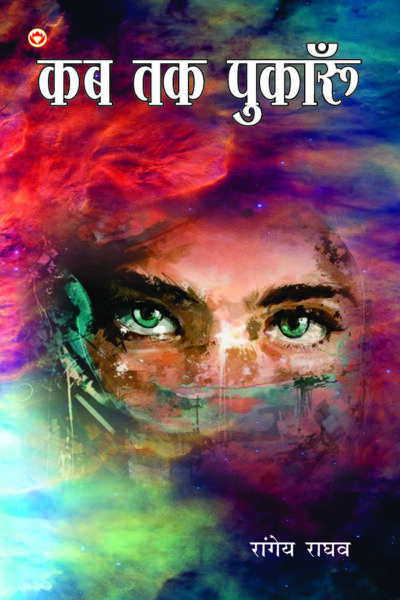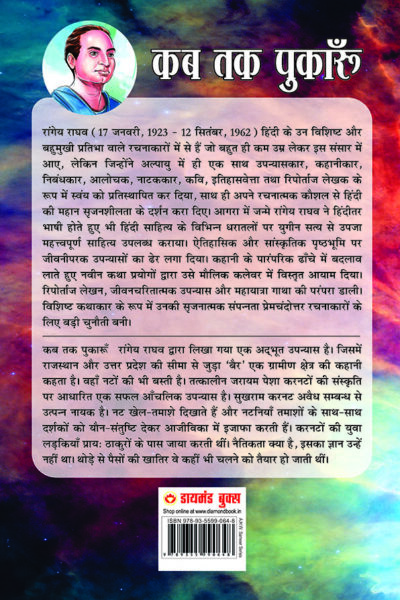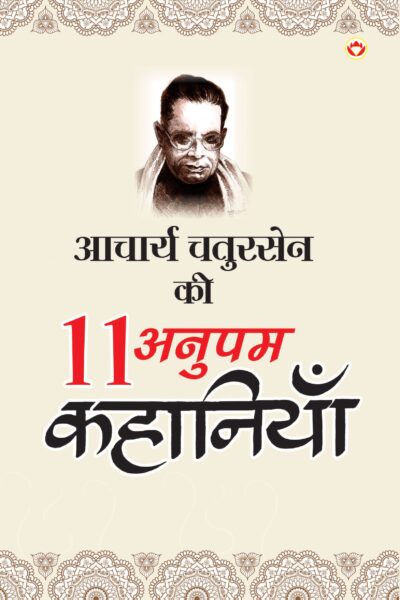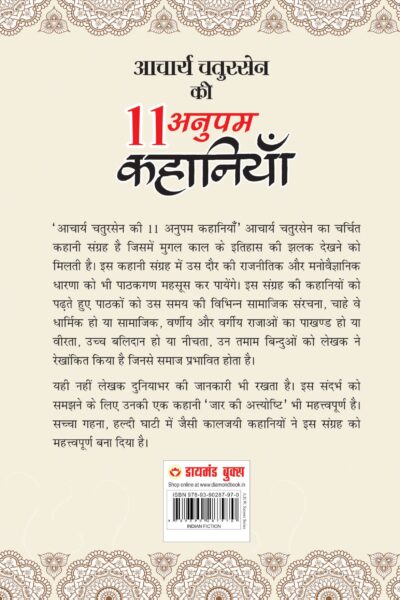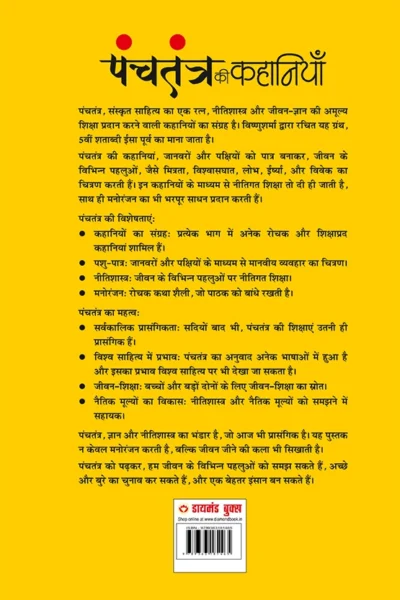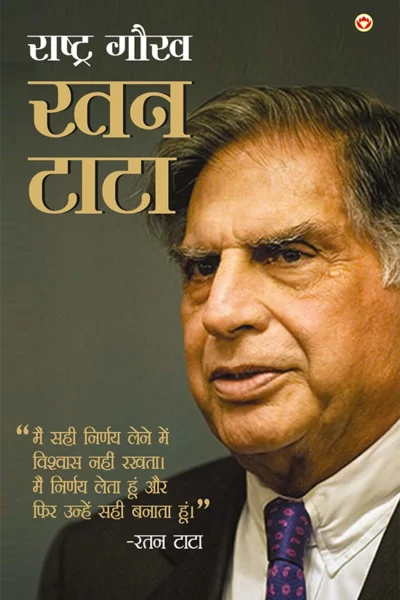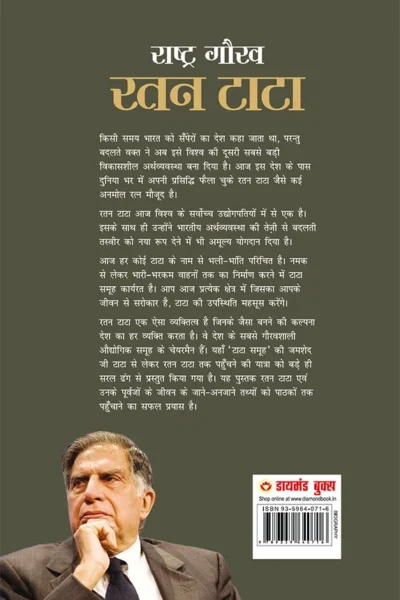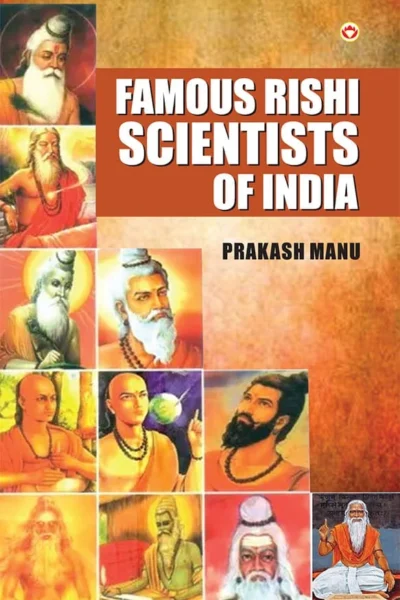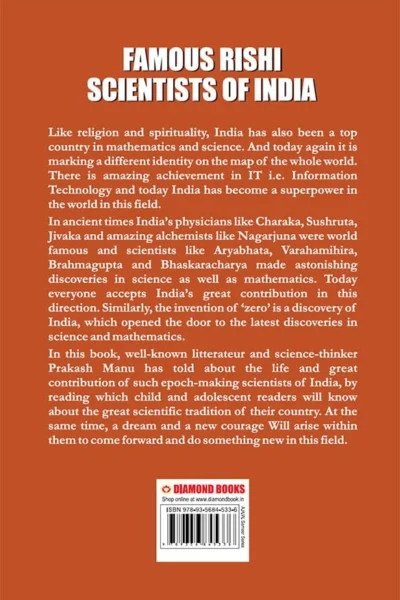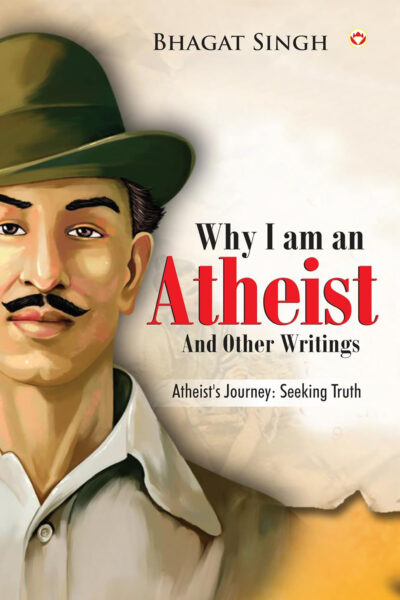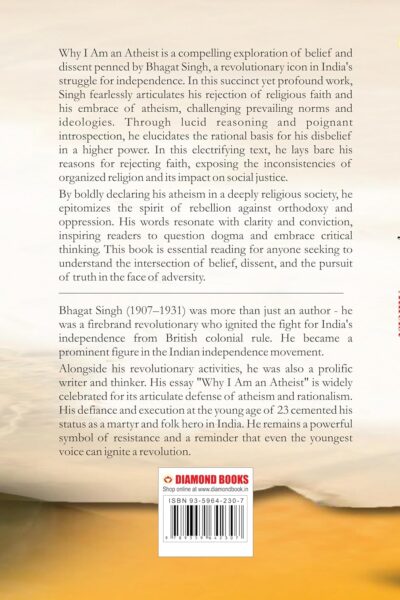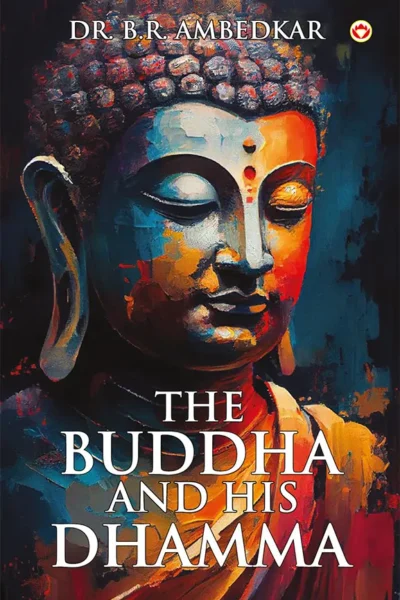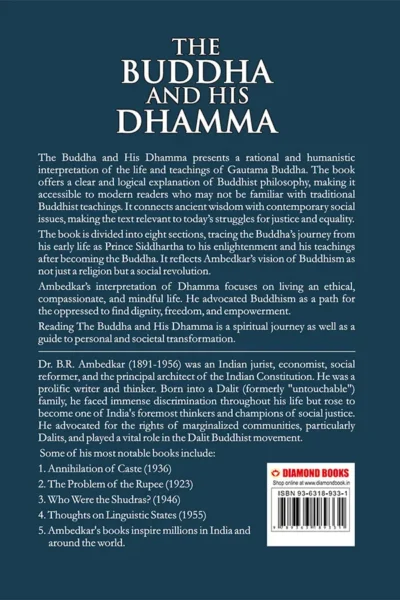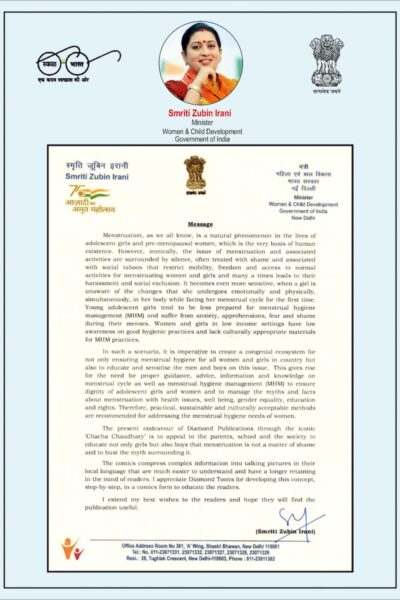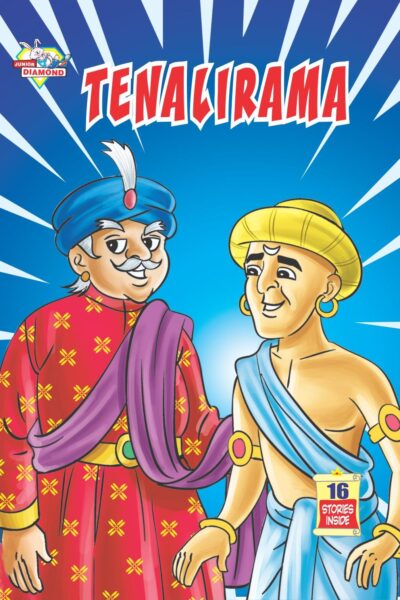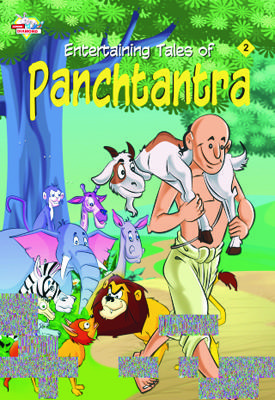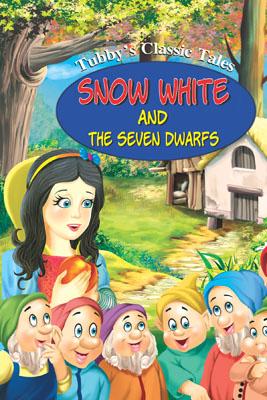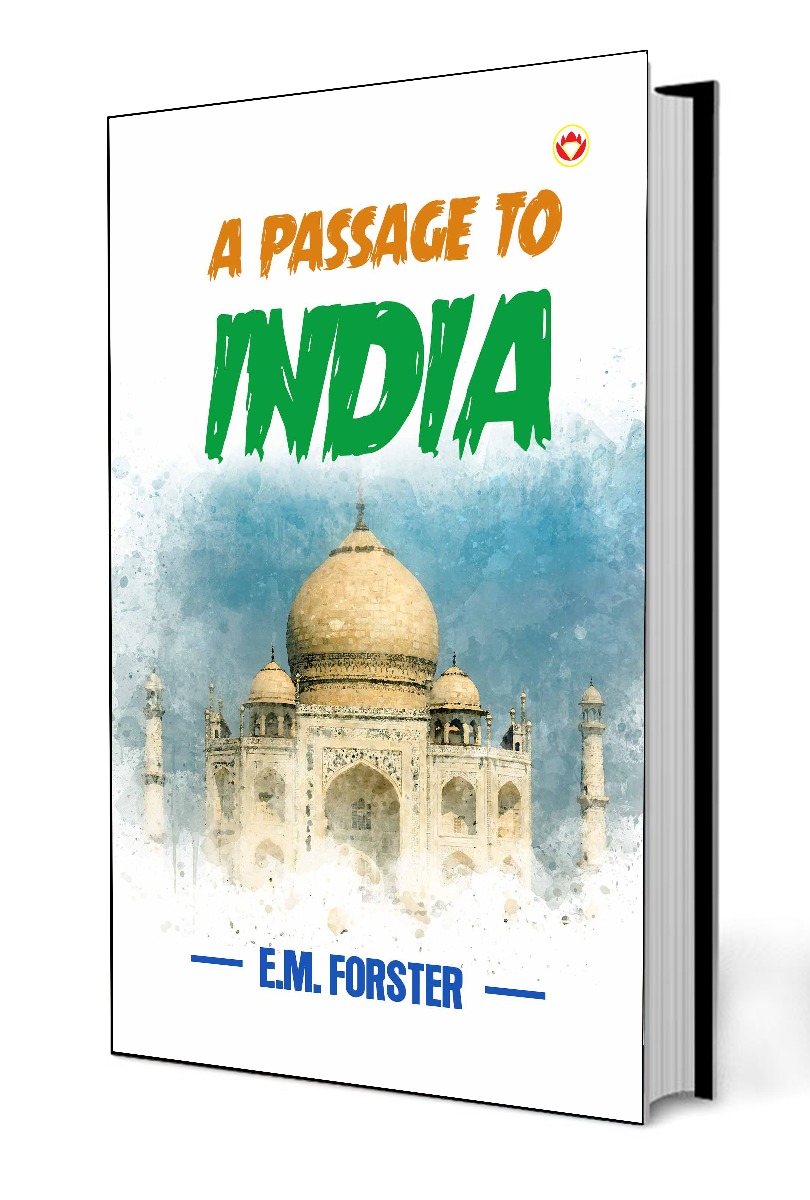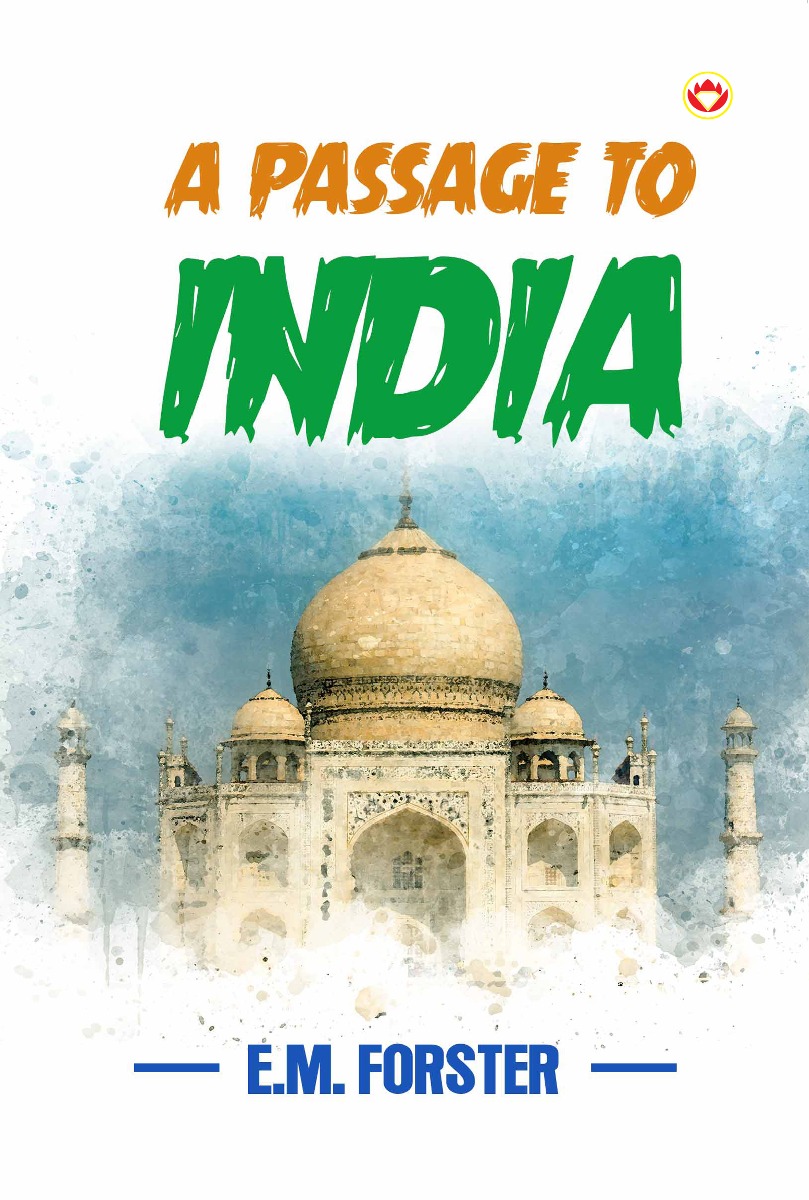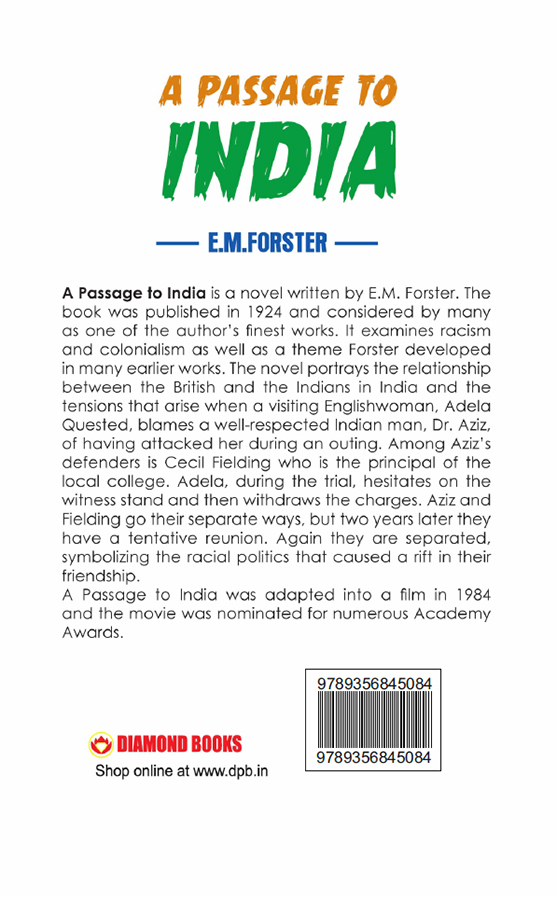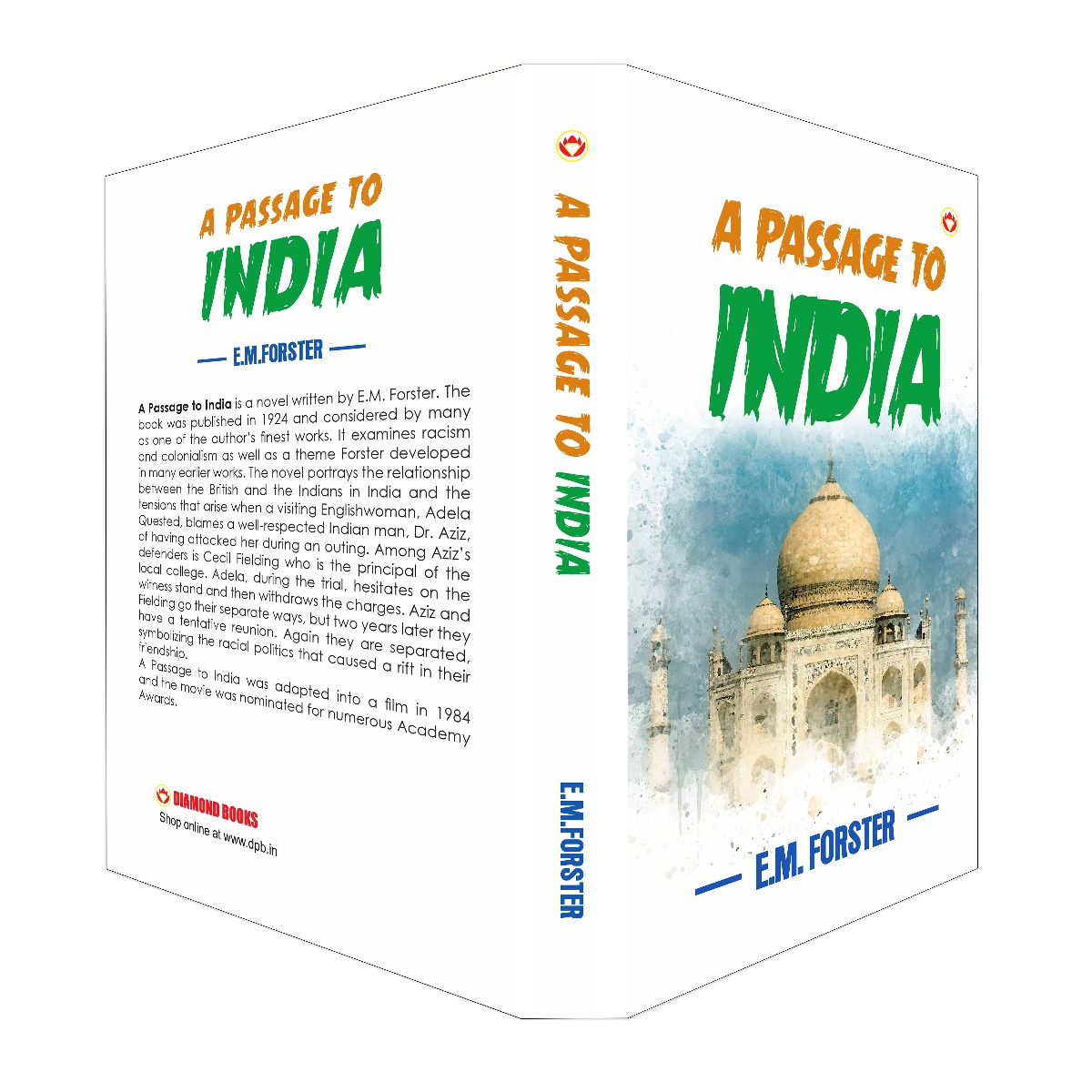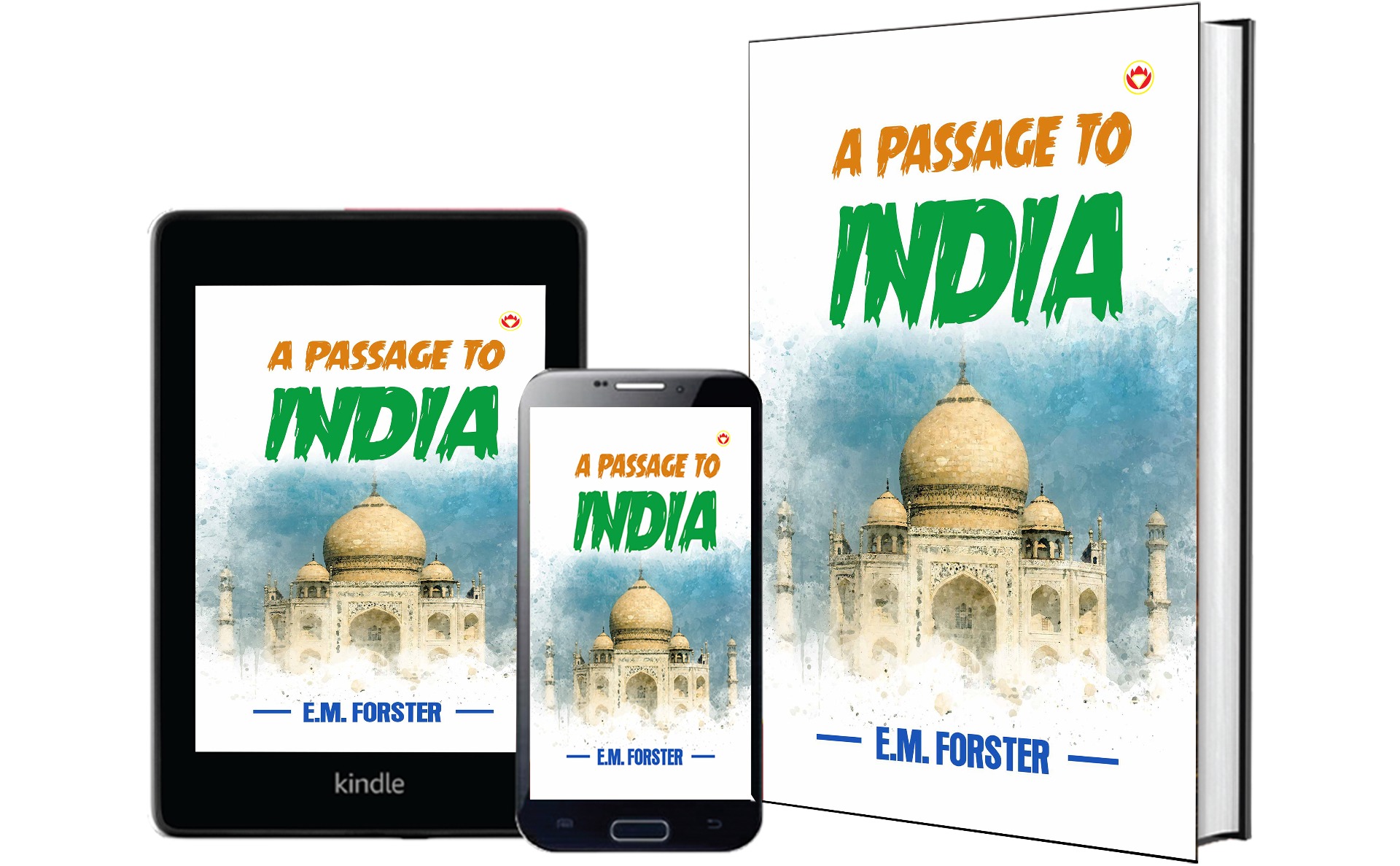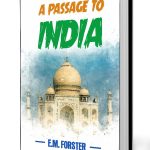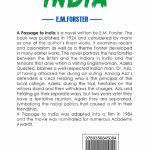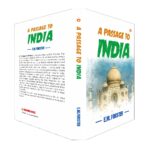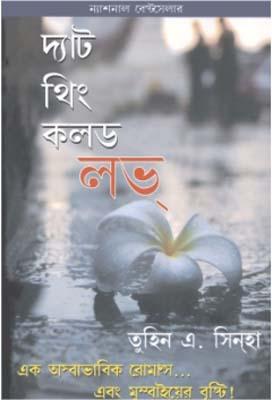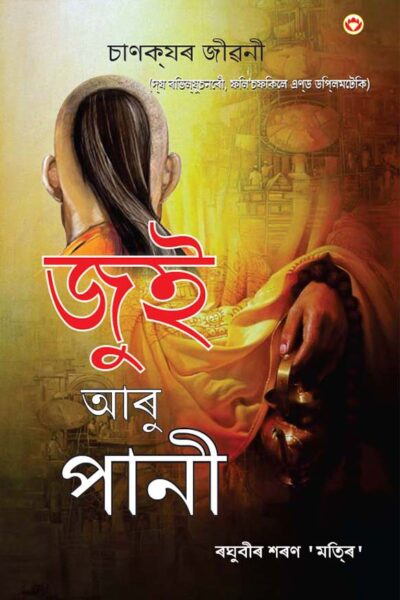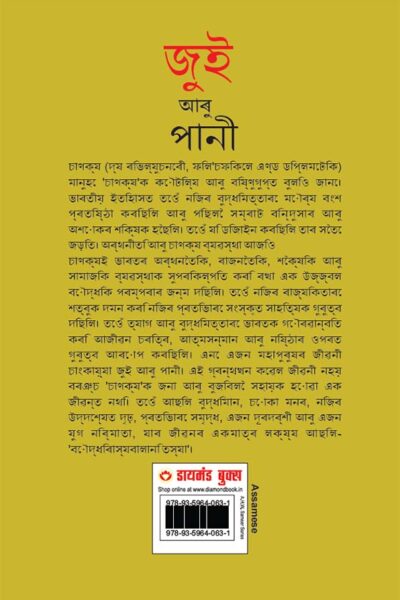-
-
- Short Stories
- Traveloc
- Novel
- Indian Classics
- Business Strategy
Shop Our top-rated business strategy books are designed for entrepreneurs and business leaders, offering proven strategies to elevate business success. Learn from industry experts and discover actionable insights to drive growth and profitability. Buy now and master the skills that set top businesses apart.
- Corporate History
Discover a comprehensive collection of corporate history books that detail the rise and success of major companies and their visionary leaders. Explore how these influential figures and their groundbreaking strategies have shaped industries and transformed the global business landscape.
- Economics
Discover the best economic and market books in India at Diamond Book Store. Our collection features essential reads on domestic and global market theories, offering in-depth analyses and key insights into economic trends. Enhance your understanding of financial markets, investment strategies, and economic principles with our expertly curated selection. Visit us to grow your knowledge and stay ahead in the world of finance.
- Romance / Fantasy
Discover captivating romance and fantasy books at Diamond Books. From enchanting love stories to magical adventures, these books offer readers a perfect blend of passion and imagination. Ideal for those who love romantic and fantastical narratives.
- Finance
Buy top finance and money management books at Diamond Book Store. Enhance your money-saving skills with expert strategies and key insights. Explore our curated selection to discover effective saving techniques and financial wisdom. Shop now to gain valuable knowledge, make informed decisions, and secure a prosperous financial future.
- Network Marketing
Network Marketing is a business model that leverages personal networks to promote products and services. It empowers individuals to build their own sales team, earning commissions not only from their own sales but also from the sales made by their team members. This model encourages entrepreneurship, collaboration, and exponential growth
- See More
- Short Stories
-
Books, Bookazine, Fiction, Magazines
₹30.00Original price was: ₹30.00.₹29.00Current price is: ₹29.00. Add to cart
-
-
Diamond Books, Books, Fiction, Indian Classics
₹450.00Original price was: ₹450.00.₹449.00Current price is: ₹449.00. Add to cart
-
-
Diamond Books, Fiction, Language & Literature, Short Stories
₹175.00Original price was: ₹175.00.₹174.00Current price is: ₹174.00. Add to cart
-
-
₹900.00 – ₹19,000.00Price range: ₹900.00 through ₹19,000.00 Select options This product has multiple variants. The options may be chosen on the product page
-
-
-
-
- Autobiography
Explore our extensive collection of autobiographies and Memories, showcasing the personal stories, challenges, and triumphs of influential figures from all walks of life. These powerful narratives provide an intimate glimpse into the lives and legacies of remarkable individuals. Discover their inspiring journeys and find your next great read—visit us now!
- Religious
Our collection of religious books is designed to deepen faith, enhance wisdom, and elevate spirituality. It includes timeless classics and contemporary works, offering insightful guidance and teachings to develop a closer relationship with God and understanding of spiritual journey. Shop now for transformative faith and knowledge.
- Internet
Computing and the internet are rapidly evolving fields that shape our daily lives and future innovations. This guide offers a comprehensive look at the latest trends, technologies, and best practices in the digital realm. Whether you’re interested in cutting-edge computing advancements or the latest developments on the internet, this resource provides valuable insights to help you stay informed and make the most of the digital world
- Family Health
Explore Diamond Books’ family health collection. Featuring comprehensive guides on wellness and practical nutrition tips, these books provide essential advice for keeping your family healthy and thriving.
- History & Politics
Discover the wonders of India, a land of rich history, vibrant culture, and stunning landscapes. Explore famous landmarks, delve into the diverse traditions, and experience the beauty of India’s heritage. Whether you’re seeking historical insights or planning a trip, India offers endless possibilities for discovery and adventure
- Hinduism
Dive into Hinduism with comprehensive resources that cover key beliefs, rituals, and cultural practices. Explore the spiritual and philosophical dimensions of Hinduism, including its rich traditions and sacred texts, to gain a deeper understanding of this ancient religion. Ideal for those seeking to learn about the diverse aspects of Hindu culture and spirituality.
- Scientist & Inventors
Explore the diamond book store for the best Scientist & Inventors Books Collection” includes biographies, autobiographies, and detailed accounts of the lives and works of iconic figures like Albert Einstein, Nikola Tesla, Marie Curie, Thomas Edison, and many more. Each book delves deep into the minds of these geniuses, offering insights into their thought processes, challenges, and the impact of their discoveries on the modern world.
- Occult and Vastu
Unlock the secrets of the occult and Vastu Shastra with our curated books. Explore spiritual wisdom, mystical arts, and harmonious living guides.
- Ayurveda
Discover the essence of Ayurveda with our collection of books at Diamond Books. Featuring ancient practices and modern applications, these books offer comprehensive guidance on achieving balance and wellness through Ayurvedic principles.
- See More
- Autobiography
-
Fiction Books, Autobiography & Memories, Biography
₹250.00Original price was: ₹250.00.₹249.00Current price is: ₹249.00. Add to cart
-
-
- Blog
- Publish With Us
A Passage to India
₹350.00
- About the Book
- Book Details
A Passage to India is a novel written by E.M. Forster. The book was published in 1924 and considered by many as one of the authors finest works. It examines racism and colonialism as well as a theme Forster developed in many earlier works. The novel portrays the relationship between the British and the Indians in India and the tensions that arise when a visiting Englishwoman, Adela Quested, blames a well-respected Indian man, Dr. Aziz, of having attacked her during an outing. Among Azizs defenders is Cecil Fielding who is the principal of the local college. Adela, during the trial, hesitates on the witness stand and then withdraws the charges. Aziz and Fielding go their separate ways, but two years later they have a tentative reunion. Again they are separated, symbolizing the racial politics that caused a rift in their friendship.
A Passage to India was adapted into a film in 1984 and the movie was nominated for numerous Academy Awards.
About the Author
In The Longest Journey, he emphasized that he needed to keep contact with the earth and to cultivate their imaginations. The same theme runs through Howards End that brought Forster his first major success. The values of truthfulness and kindness dominate Forster’s later thinking.
Additional information
| Author | E. M. Forster |
|---|---|
| ISBN | 9789356845084 |
| Pages | 240 |
| Format | Hardcover |
| Language | English |
| Publisher | Junior Diamond |
| Amazon | |
| Flipkart | https://www.flipkart.com/a-passage-to-india/p/itmfc3dnsvrqv8zd?pid=9789356845084 |
| ISBN 10 | 9356845085 |
Additional information
| Author | E. M. Forster |
|---|---|
| ISBN | 9789356845084 |
| Pages | 240 |
| Format | Hardcover |
| Language | English |
| Publisher | Junior Diamond |
| Amazon | |
| Flipkart | https://www.flipkart.com/a-passage-to-india/p/itmfc3dnsvrqv8zd?pid=9789356845084 |
| ISBN 10 | 9356845085 |
A Passage to India is a novel written by E.M. Forster. The book was published in 1924 and considered by many as one of the authors finest works. It examines racism and colonialism as well as a theme Forster developed in many earlier works. The novel portrays the relationship between the British and the Indians in India and the tensions that arise when a visiting Englishwoman, Adela Quested, blames a well-respected Indian man, Dr. Aziz, of having attacked her during an outing. Among Azizs defenders is Cecil Fielding who is the principal of the local college. Adela, during the trial, hesitates on the witness stand and then withdraws the charges. Aziz and Fielding go their separate ways, but two years later they have a tentative reunion. Again they are separated, symbolizing the racial politics that caused a rift in their friendship.
A Passage to India was adapted into a film in 1984 and the movie was nominated for numerous Academy Awards.
About the Author
In The Longest Journey, he emphasized that he needed to keep contact with the earth and to cultivate their imaginations. The same theme runs through Howards End that brought Forster his first major success. The values of truthfulness and kindness dominate Forster’s later thinking.
ISBN10-9356845085


